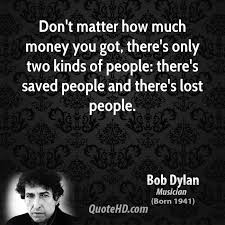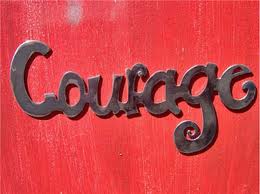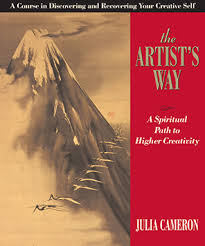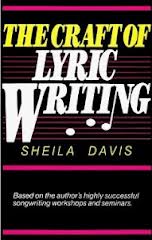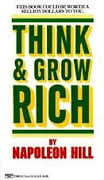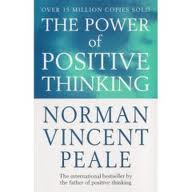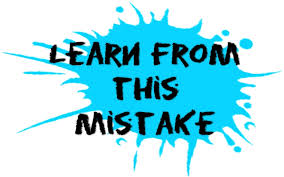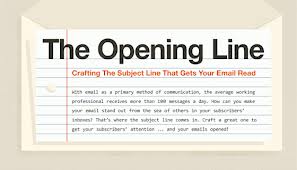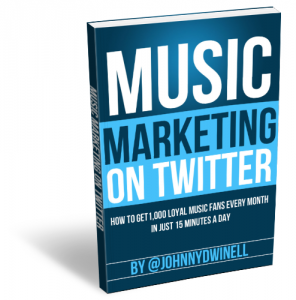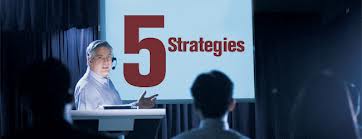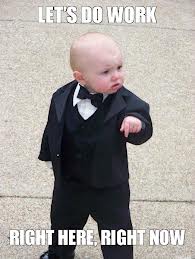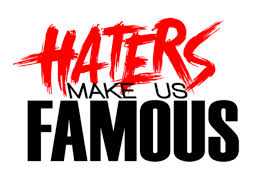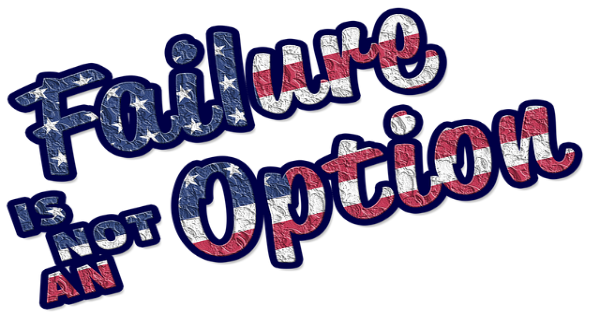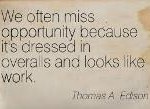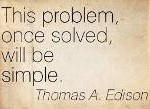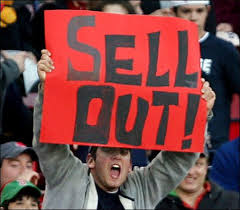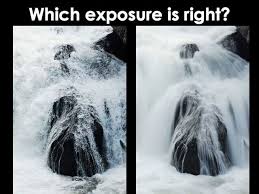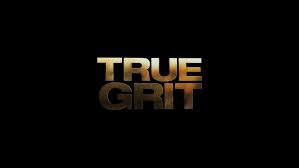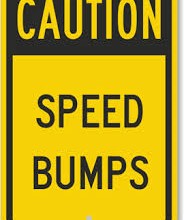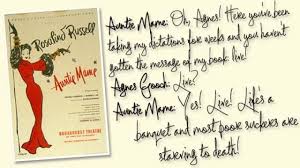By Johnny Dwinell
Here are 10 facts for your consideration with regards to the music business, marketing your music, and overall perspective on what some of your favorite stars had to go through to “make it.†Even back in the heyday of the record business, it still required hard work, y’all. You would also be surprised to learn how many of your favorite history-changing iconic records wouldn’t, and almost didn’t, happen because of marketing snafus. Bottom line is that you need more than just an epic record to make it.
10 Music Marketing Facts For Your Consideration
- Guns & Roses Appetite For Destruction – was released and available to the public in 1987; the first
 American single was Welcome to the Jungle released in October, 1987. The record didn’t “break†until 1 full year later. After 1 year of hard work, the Geffen Records marketing machine wasn’t getting the traction that it wanted partly because MTV refused to play the 1st single video Welcome to the Jungle. This record was just about to be considered “Dead on Arrival†when A&R executive Tom Zutaut pled with label owner David Geffen to throw some weight around and somehow get MTV to play Welcome to the Jungle. David finally acquiesced and got MTV to add the video to their after-hours rotation. It was played once on a Sunday morning at 3am; the phones LIT UP at MTV and the rest is history. If it hadn’t been for the one phone call David Geffen made, that record never would have broken through. This is proof positive that it takes far more than simply recording one of the best records ever made to reach an audience. If you build it you have to TELL THEM ABOUT it before they will come!
American single was Welcome to the Jungle released in October, 1987. The record didn’t “break†until 1 full year later. After 1 year of hard work, the Geffen Records marketing machine wasn’t getting the traction that it wanted partly because MTV refused to play the 1st single video Welcome to the Jungle. This record was just about to be considered “Dead on Arrival†when A&R executive Tom Zutaut pled with label owner David Geffen to throw some weight around and somehow get MTV to play Welcome to the Jungle. David finally acquiesced and got MTV to add the video to their after-hours rotation. It was played once on a Sunday morning at 3am; the phones LIT UP at MTV and the rest is history. If it hadn’t been for the one phone call David Geffen made, that record never would have broken through. This is proof positive that it takes far more than simply recording one of the best records ever made to reach an audience. If you build it you have to TELL THEM ABOUT it before they will come! - Van Halen – recorded a demo that was passed on by every record label –  TWICE!!! Gene Simmons from
 Kiss produced and shopped a demo (with On Fire and Runnin with the Devil from the first record on it) and then bowed out after Kiss’s management told Simmons that they had “No Chance†of making it. Then Warner Bros. label head Mo Ostin and Ted Templeman (who would become their producer) saw them live and decided to take the risk and sign the band. Proof that relationships are just as important as good music when it comes to creating momentum (this would have been the third time Warner Bros. took a serious “look†at Van Halen). This proves that Van Halen’s lane was not in the studio as much as it was a “live†phenomenon. Once they were able to get some execs to see them live, they got it.
Kiss produced and shopped a demo (with On Fire and Runnin with the Devil from the first record on it) and then bowed out after Kiss’s management told Simmons that they had “No Chance†of making it. Then Warner Bros. label head Mo Ostin and Ted Templeman (who would become their producer) saw them live and decided to take the risk and sign the band. Proof that relationships are just as important as good music when it comes to creating momentum (this would have been the third time Warner Bros. took a serious “look†at Van Halen). This proves that Van Halen’s lane was not in the studio as much as it was a “live†phenomenon. Once they were able to get some execs to see them live, they got it. - KISS – was signed to Neil Bogart’s Casablanca Records in 1973 and released their first effort Kiss in 1974.
 When that record failed to gain traction in the marketplace, they quickly came off the road to record Hotter than Hell also released in 1974. When that record failed to sell well, Kiss was pulled off the road immediately to record their third release Dressed to Kill which contained Rock and Roll All Night and fared a bit better than Hotter Than Hell but still didn’t sell well. At this point Kiss and Casablanca Records were almost bankrupt. The band’s records sold poorly but they were definitely developing a reputation as an amazing live show. So, in a “Hail Mary†fashion the band released Alive! (their pseudo live record) with the intent of capturing the live show on tape. It did just that and not only saved the band but also saved Casablanca Records. Proof that hard work, perseverance, and grit was mission critical to Kiss’ success.
When that record failed to gain traction in the marketplace, they quickly came off the road to record Hotter than Hell also released in 1974. When that record failed to sell well, Kiss was pulled off the road immediately to record their third release Dressed to Kill which contained Rock and Roll All Night and fared a bit better than Hotter Than Hell but still didn’t sell well. At this point Kiss and Casablanca Records were almost bankrupt. The band’s records sold poorly but they were definitely developing a reputation as an amazing live show. So, in a “Hail Mary†fashion the band released Alive! (their pseudo live record) with the intent of capturing the live show on tape. It did just that and not only saved the band but also saved Casablanca Records. Proof that hard work, perseverance, and grit was mission critical to Kiss’ success. - George Michael – George was a HUGE multi-platinum (25 million records) international star with the early 80s duo called WHAM! before he shot to superstardom as a solo act with his amazing first solo effort called Faith which sold 25 million copies worldwide. In between George’s first record, Faith, and his second solo record Listen Without Prejudice Vol. 1, CBS records was purchased by Sony. As a result, his trusted friend and artist, beloved label executive, Walter Yetnikoff, was let go. George had a “Key-man Clause†in his contract with CBS stating that if Walter left for any reason, George’s contract was null and void. Also during this time, George wanted his audience to focus on the artistic quality of this latest effort as opposed to his ass in a pair of jeans. He refused to appear in any videos to promote the record. The new label head, Tommy Mattola, was miffed not only that George wouldn’t appear in any videos to promote the record but also because he felt slighted that George had no interest in even giving Tommy and Sony a chance to work with him. As far as George was concerned, the Japanese and specifically Sony had no clue about “art†and he didn’t want to participate in any business arrangement with them. The result was arguably George’s masterpiece. Listen Without Prejudice, Vol. 1 sold half as much as the predecessor Faith simply because Sony sat on it and refused to market it. HE WAS FAMOUS ALREADY AND FANS LIKE ME DIDN’T EVEN KNOW THE NEW RECORD WAS RELEASED. Again, the lesson is that you need to create great art, and then someone has to tell people about it; which means…it has to be marketed! Gasp!!!
- Winger – If you listened to our podcast interview with Paul Taylor, you would know that Paul met Kip Winger when they toured together in Alice Cooper’s band. Their demos were passed on by every record label multiple times before Alice’s producer, Beau Hill, agreed to produce the band. BOOM! Atlantic signed them. Proof that it takes more than good music to get that elusive record deal! Work on your relationships!
- Bruce Springsteen – Bruce recorded Greetings from Asbury Park, N.J., his first major label release, for Columbia in 1973. After he slaved over that record and handed in the masters, Clive Davis told Bruce that he didn’t hear any singles they could use on the radio to promote the record and told Bruce to write some more before he would release the record. Consequently, Bruce quickly wrote Blinded by the Light and Spirit in the Night both of which were released as singles (and didn’t do that well, FYI). Manfred Mann’s Earth Band covered Blinded by the Light and it went to #1 in 1977. This proves to me that Bruce, who was young and real smart, knew enough that he didn’t know and went back to the drawing board to give the label what they requested to promote the first record. While it didn’t do much to help the first record, it certainly paid off in the end. You can never go wrong doing a little more work. Ultimately Billboard Magazine named Greetings from Asbury Park, N.J. #398 of the top 500 records ever recorded in large part due to the last songs he wrote and recorded for that record.
- Sony Purchase of Columbia Pictures Entertainment and CBS Records – Wanna know why Sony purchased these 2 hugely expensive assets back in the late 80s? The Betamax video tape format. Sony ignored the first of the 22 Immutable Laws of Marketing, The Law of Leadership; it’s better to be first than to be better. Sony believed that because their Betamax format was (arguably) better than VHS, consumers would naturally pick Betamax over Phillips’ VHS format. Subsequently Sony was not so quick to license and release uncut movies in their original format on the Betamax platform, and Phillips was. For the first time, people could own their own copies of movies but mostly on VHS, so consumers chose the VHS. Sony spent $1 billion dollars developing the Betamax and lost. Buy purchasing CPE and CBS Records, they ensured that whatever new “widget†they come up with next would have plenty of entertainment titles to flood the market and ensure that time-to-market was expedient.
- In 1991 Columbia Re-Signs Aerosmith to a $30 Million Dollar Deal ($8 Million Signing Bonus) While the Band Still Owed Geffen Records 3 Releases – Wha? That’s right, why would a label exec with common sense make a deal like that? Who knew if Aerosmith would be relevant or even alive after 3 more releases and tours? Answer: the Aerosmith Catalog. Remember Aerosmith’s Truckville commercials for Dodge with Just Push Play? The band received $1.8 million + 1 car for each of the band members in exchange for 1 year of licensing. I don’t even want to know what they got for this Nissan Commercial with Dream On. Cha-CHING!! These are the publishing cash registers. Are you taking advantage of this on YouTube?
- Def Leppard’s Hysteria – Def Leppard got their deal and released On Through the Night then got some
 traction with High & Dry which sold about 250,000 copies on the strength of Bringing on the Heartbreak. Deeply in debt to their record label, they went into the studio to record Pyromania which was a history maker and history changer. They made enough money to satisfy the debt to the label for all three records and make a nice profit. Wanting to move away from Mutt Lange’s lengthy and arduous production methods and Mutt citing exhaustion, the band signed Bat Out of Hell co-writer, Jim Steinman, to produce Hysteria. Then, they changed their mind when they realized that Steinman’s different production methods would alienate their audience and went back to Mutt Lange. Def Leppard still had to PAY Steinman AND Mutt Lange. All this on top of the fact that the drummer lost his arm when he lost control of his Corvette. Bottom line; the band was so in debt just for Hysteria that they needed to sell 5 million copies to break even. Talk about GRIT!!! Hysteria went on to sell more than 20 million copies worldwide and is still their best-selling record to date. BTW, Pour Some Sugar On Me was a last minute addition; it almost didn’t make it on the record. I submit this is as proof that you need to get off the couch and get to work. Even after you get the deal, the “dice are still tumblingâ€. Could you handle adversity in your artistic career like that?
traction with High & Dry which sold about 250,000 copies on the strength of Bringing on the Heartbreak. Deeply in debt to their record label, they went into the studio to record Pyromania which was a history maker and history changer. They made enough money to satisfy the debt to the label for all three records and make a nice profit. Wanting to move away from Mutt Lange’s lengthy and arduous production methods and Mutt citing exhaustion, the band signed Bat Out of Hell co-writer, Jim Steinman, to produce Hysteria. Then, they changed their mind when they realized that Steinman’s different production methods would alienate their audience and went back to Mutt Lange. Def Leppard still had to PAY Steinman AND Mutt Lange. All this on top of the fact that the drummer lost his arm when he lost control of his Corvette. Bottom line; the band was so in debt just for Hysteria that they needed to sell 5 million copies to break even. Talk about GRIT!!! Hysteria went on to sell more than 20 million copies worldwide and is still their best-selling record to date. BTW, Pour Some Sugar On Me was a last minute addition; it almost didn’t make it on the record. I submit this is as proof that you need to get off the couch and get to work. Even after you get the deal, the “dice are still tumblingâ€. Could you handle adversity in your artistic career like that? - Zac Brown Band – Did you know that Zac Brown had been playing more than 200 dates a year since 2002
 LONG before he was ever signed? He opened a music club/restaurant with his father called Zac’s Place in 2004 (Zac was the chef so enter 90 hour work weeks plus the band duties). A developer purchased the restaurant; and the band used the profits to purchase a tour bus and get back on the road. The band couldn’t get any attention from the labels who told Zac that he was “too county for pop†or “too pop for country†until they sold a TRUCKLOAD of self-released CDs on their own. Consequently, when the majors started to pay attention, Zac Brown came to the negotiating table with a HEAVY HAMMER and has one of the best record deals in town which includes his own label imprint called Southern Ground. This is how you need to do it today people. HARD WORK is required to make yourself a success. Nobody is going to press the “EZ Button†and do it for you!
LONG before he was ever signed? He opened a music club/restaurant with his father called Zac’s Place in 2004 (Zac was the chef so enter 90 hour work weeks plus the band duties). A developer purchased the restaurant; and the band used the profits to purchase a tour bus and get back on the road. The band couldn’t get any attention from the labels who told Zac that he was “too county for pop†or “too pop for country†until they sold a TRUCKLOAD of self-released CDs on their own. Consequently, when the majors started to pay attention, Zac Brown came to the negotiating table with a HEAVY HAMMER and has one of the best record deals in town which includes his own label imprint called Southern Ground. This is how you need to do it today people. HARD WORK is required to make yourself a success. Nobody is going to press the “EZ Button†and do it for you!
If you like this post please SHARE it and/or LEAVE A COMMENT thank you!
[ois skin=”Bottom Post”]





